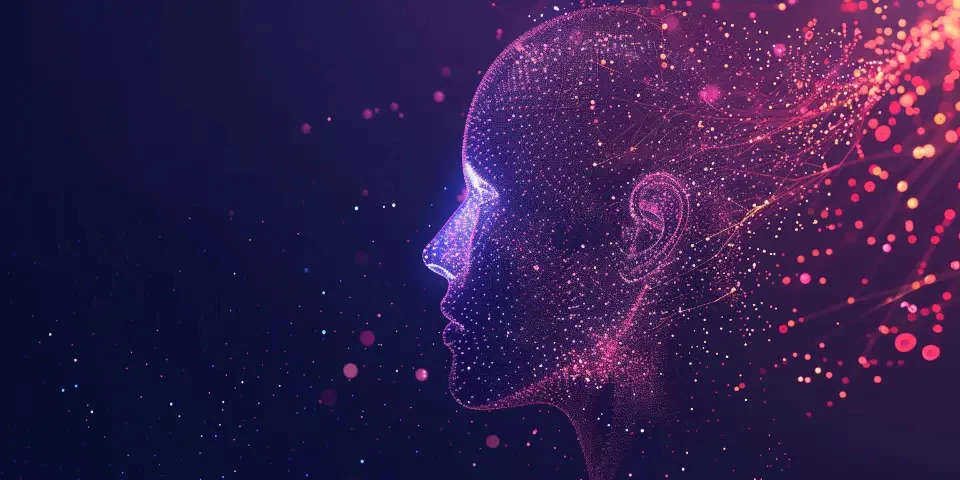Achieving Inclusion How AI Culture Assessments Enable Organizations to Embrace Diversity
In today's rapidly changing world, diversity and inclusion have become essential factors for the success of any organization. Embracing diversity not only fosters innovation and creativity but also enhances employee engagement and productivity. However, achieving true inclusivity in the workplace can be challenging. Thankfully, advancements in artificial intelligence (AI) technology have enabled organizations to assess and improve their culture to create a more diverse and inclusive environment. In this article, we will explore the various ways in which AI culture assessments can help organizations embrace diversity.
1. Unconscious Bias Identification
Unconscious biases can often hinder diversity and inclusion efforts. AI culture assessments utilize machine learning algorithms to identify patterns in decision-making processes and detect unconscious biases. By analyzing data from various sources, such as employee surveys, performance reviews, and hiring processes, AI can identify potential biases and provide actionable insights for remediation.

2. Diverse Talent Acquisition
Hiring a diverse workforce is crucial for creating an inclusive environment. AI-powered tools can help organizations attract and recruit diverse talent. These tools employ natural language processing algorithms to remove biased language from job descriptions and advertisements. Additionally, AI tools can use data-driven approaches to identify potential candidates from underrepresented backgrounds and automatically match them with relevant job opportunities.
3. Employee Engagement and Well-being
AI culture assessments can also play a significant role in enhancing employee engagement and well-being. AI-powered chatbots and virtual assistants can provide personalized support and guidance to employees, creating a more inclusive and supportive work environment. These tools can offer resources for mental health, work-life balance, and career development, ensuring that every employee feels valued and supported.
4. Inclusive Leadership Development
Effective leadership is crucial for fostering diversity and inclusion. AI culture assessments can analyze the leadership styles within an organization and provide insights on areas for improvement. By leveraging AI, organizations can identify leaders who promote inclusivity and develop targeted training programs to cultivate inclusive leadership skills among their management team.
5. Performance Evaluation and Recognition
A fair and unbiased performance evaluation process is essential for promoting diversity and inclusion. AI-powered tools can help eliminate subjective biases by analyzing objective performance data. These tools can provide quantitative insights into an employee's performance, enabling organizations to recognize and reward individuals based on their contributions rather than biases.
6. Training and Development
AI tools can facilitate inclusive training and development programs within organizations. By analyzing individual employee's learning styles, preferences, and needs, AI can provide personalized training recommendations. Additionally, AI-powered platforms can offer accessible and inclusive training materials, ensuring that diverse employees have equal opportunities for professional growth.
7. Workplace Accessibility
AI culture assessments can identify areas where organizations can improve workplace accessibility for employees with disabilities. By analyzing workplace layouts, digital tools, and policies, AI can provide recommendations for enhancing accessibility. This can include implementing assistive technologies, modifying physical spaces, or adapting communication channels to support employees with diverse abilities.
8. Diversity Metrics and Reporting
AI-powered analytics tools allow organizations to measure and track diversity metrics in real-time. These tools can collect and analyze data related to diversity representation, inclusion efforts, and employee satisfaction. By having access to comprehensive metrics, organizations can establish benchmarks, track progress, and make data-driven decisions to improve diversity and inclusion initiatives.
Frequently Asked Questions:
1. Can AI replace human efforts in diversity and inclusion initiatives?
No, AI cannot replace human efforts entirely. AI technology is a powerful tool that can augment and enhance the effectiveness of diversity and inclusion initiatives. However, human involvement and decision-making remain crucial for creating a truly inclusive culture. AI should be seen as a means of support and improvement rather than a substitute for human efforts.
2. Are AI culture assessments biased themselves?
AI algorithms used for culture assessments can be biased if not designed and trained properly. It is essential to ensure that the datasets used for training AI models are diverse and representative. Regular audits and continuous evaluation of AI tools are necessary to detect and address any biases that might emerge.
3. Can AI improve diversity without organizational commitment?
No, AI alone cannot improve diversity and inclusion without organizational commitment. While AI can provide insights and recommendations, it requires a collective commitment from leaders, managers, and employees to drive the necessary changes and create an inclusive environment. AI is a tool that supports organizational efforts but cannot replace the human aspect.
Explore your companion in WeMate